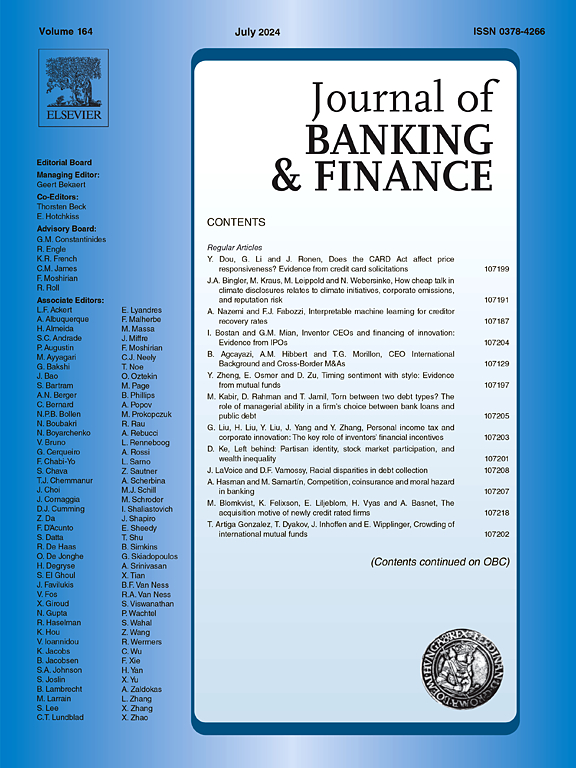Andrej Gill & David Heller, 2024, Journal of Banking & Finance, [published online: June, 2024]
Abstract:
This paper examines the role of intellectual property (IP) law as a determinant for external debt financing of innovative firms. For identification, we exploit exogenous variation in patent right enforcement arising from the 2004 EU Enforcement Directive. This major policy reform strengthened IP rights and, thus, raised patent owners’ asset position. We find that patenting firms significantly increase their use of debt and benefit from lower interest rates in response to the amendment, especially if they own valuable patent portfolios. These effects are most pronounced for relatively small and financially constrained firms, emphasizing the importance of the legal framework in fostering debt financing activities of innovation-oriented firms.
This paper examines the role of intellectual property (IP) law as a determinant for external debt financing of innovative firms. For identification, we exploit exogenous variation in patent right enforcement arising from the 2004 EU Enforcement Directive. This major policy reform strengthened IP rights and, thus, raised patent owners’ asset position. We find that patenting firms significantly increase their use of debt and benefit from lower interest rates in response to the amendment, especially if they own valuable patent portfolios. These effects are most pronounced for relatively small and financially constrained firms, emphasizing the importance of the legal framework in fostering debt financing activities of innovation-oriented firms.


